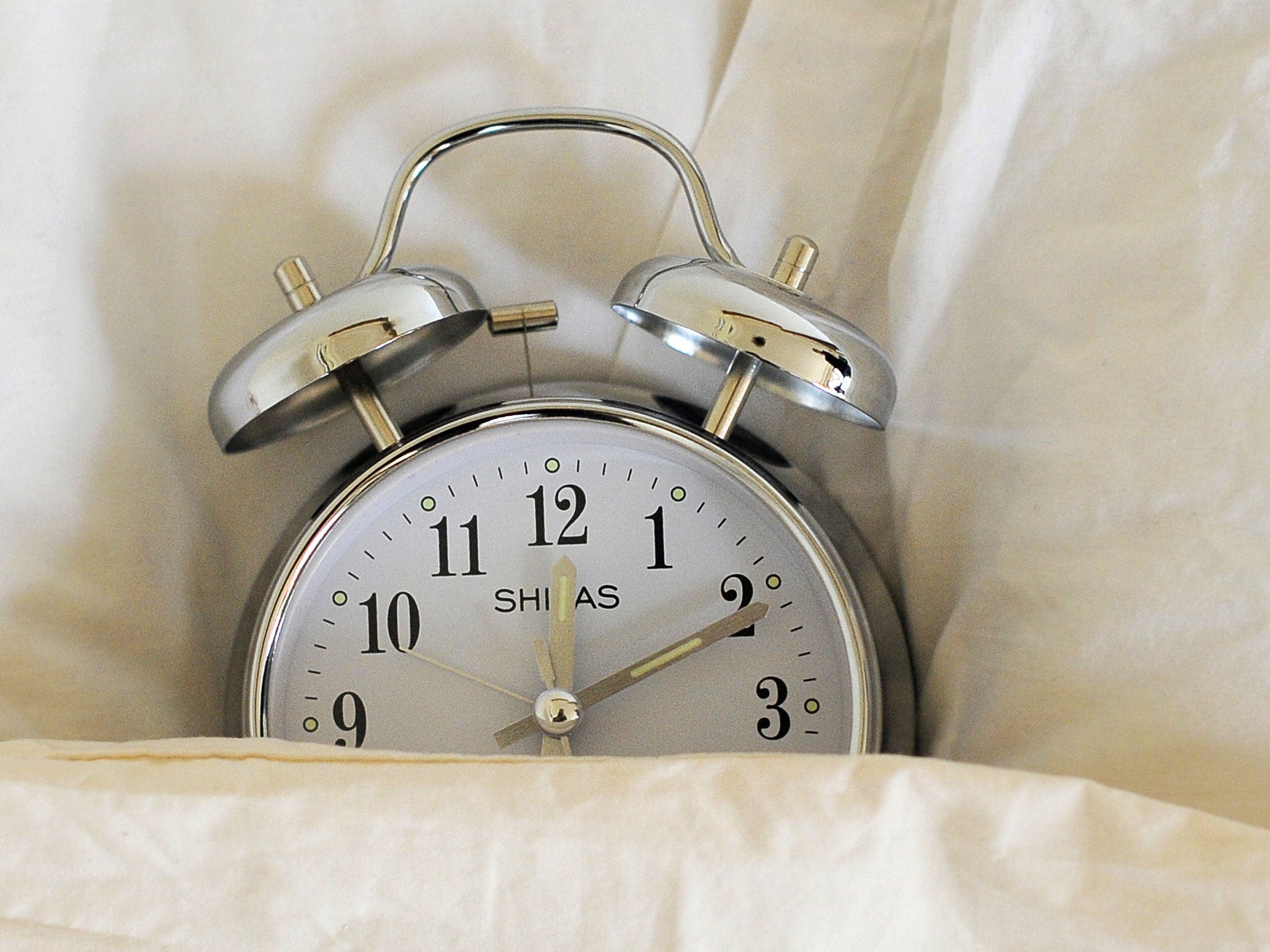UK time: The clocks go back, so remember to change yours – for possibly the last time ever
Clocks need to be wound back one hour if they do not update automatically

Your support helps us to tell the story
From reproductive rights to climate change to Big Tech, The Independent is on the ground when the story is developing. Whether it's investigating the financials of Elon Musk's pro-Trump PAC or producing our latest documentary, 'The A Word', which shines a light on the American women fighting for reproductive rights, we know how important it is to parse out the facts from the messaging.
At such a critical moment in US history, we need reporters on the ground. Your donation allows us to keep sending journalists to speak to both sides of the story.
The Independent is trusted by Americans across the entire political spectrum. And unlike many other quality news outlets, we choose not to lock Americans out of our reporting and analysis with paywalls. We believe quality journalism should be available to everyone, paid for by those who can afford it.
Your support makes all the difference.The clocks turned back one hour today to mark the end of British Summer Time.
The time was officially pushed back at 2am, which gives all of us an extra 60 minutes to enjoy over the weekend before most people resume their working week on Monday.
It could be the last time that the UK lags behind mainland Europe as MPs and academics are backing a switch to Central European Time, which is currently one hour ahead, to ensure lighter evenings throughout the year.
Scotland could run an hour behind the rest of the UK if they oppose the proposal to tick in time with Europe and petitions have been launched to stop changing the clocks completely.
From today, early-risers and commuters will be met with lighter mornings due to Daylight Saving Time and afternoons will also be drawn to a close earlier throughout the autumn and winter months ahead of Halloween on Friday.
The clocks last changed on 30 March when the time was pushed forward one hour to create longer and lighter summer nights.
What you need to do:
It’s easy to forget when the clocks change. Mobile phones, tablets and computers connected to the internet should change automatically, while most cookers or clocks will need to be changed manually.
Why do we change the clocks?
The idea of moving the clocks forward during the summer and then back again was first proposed in parliament in 1907. Later, in the Second World War clocks were put forward an hour to boost production in factories and so that workers could get back home before the blackout.
The Government put the clocks forward again for the entire time between 1968 and 1971 as an experiment– but it was deemed that it made Scotland too dark in the mornings.
There have been many attempts to change British time to bring it line with Central European Time (an hour ahead).
In 2010 Conservative MP Rebecca Harris started a Private Member’s Bill arguing for British Summer Time to be continued through winter.
Campaigners argue that extra light in the winter evenings could mean fewer road accidents. But arguments against it are concerned with the safety of children getting to school in the early morning.
Join our commenting forum
Join thought-provoking conversations, follow other Independent readers and see their replies
Comments